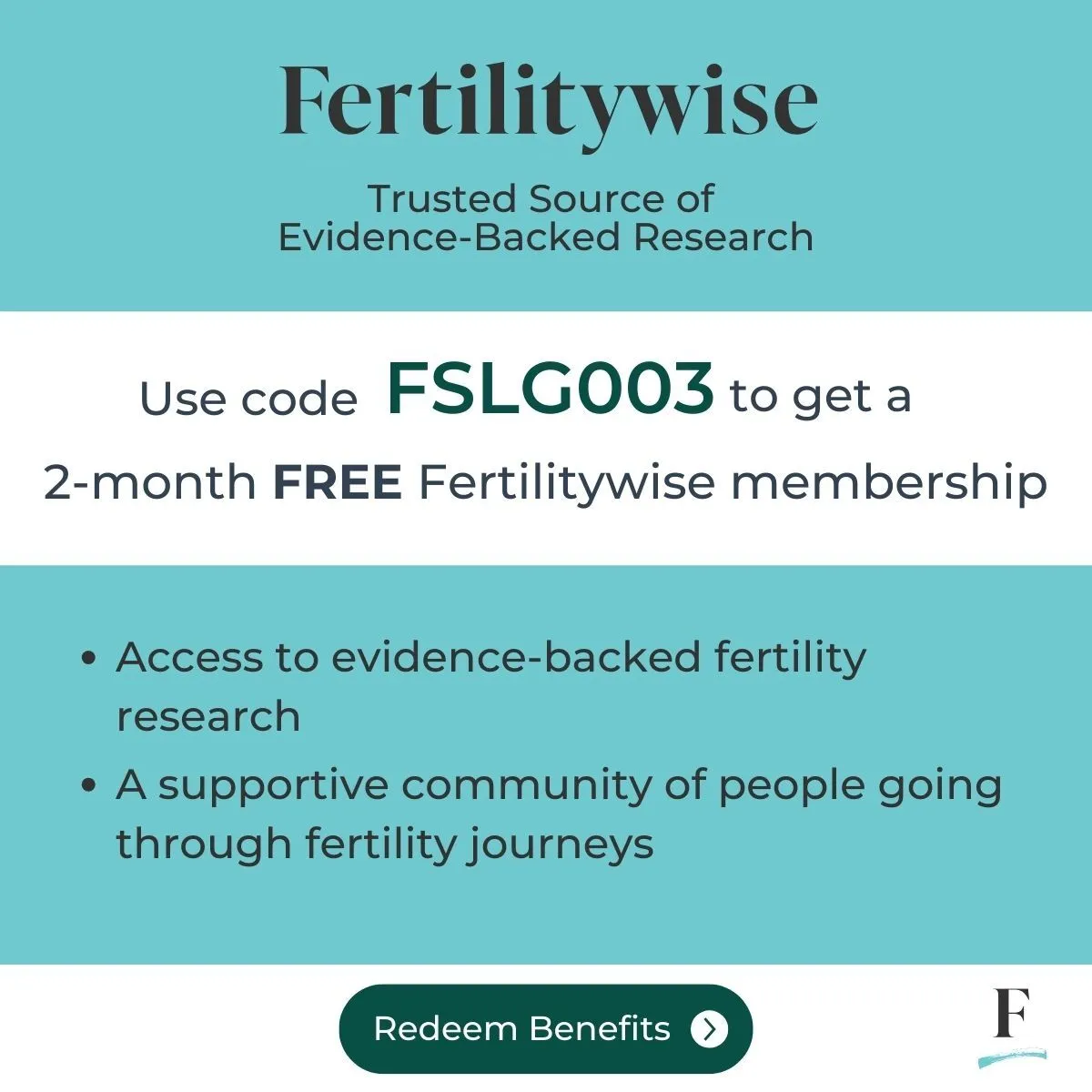Some prospective parents in California and around the country prefer to have either a boy or a girl. Sex selection is an option available to couples, but there are questions about it. Should it be used for non-medical reasons, and is it ethical?
Embryo destruction
Embryo destruction ranks among the biggest concerns surrounding sex selection in preparation for fertility procedures like in-vitro fertilization (IVF). For example, a couple has undergone fertility treatments, egg retrieval and embryo creation in preparation for IVF but decides they only want a boy. As a result, all embryos go through preimplantation genetic testing for aneuploidy to determine their sex prior to transfer into the woman’s uterus. Because the couple only wants a boy, all embryos determined to be female might be destroyed.
However, the couple has other options for unused embryos: they can keep them to use in the future, donate them to individuals and couples wishing to have a child or even donate them for research purposes.
Devaluation of gender
When couples decide to rely on sex selection to have a baby, it appears to place value on one gender versus the other. However, this is not a true concern because there are different reasons to prefer one gender over the other. For example, a couple might already have two boys but want a girl. Other parents may believe that it’s easier to raise a boy compared to a girl.
Designer babies
One of the biggest concerns about sex selection is that it could encourage designer babies. This is because the screening required to determine an embryo’s gender involves poring through certain characteristics. The idea of designer babies carries significant ethical questions.
Although some people choose sex selection for non-medical reasons, these are some legitimate concerns. However, if you find a doctor that performs the testing needed, you could go this route.

